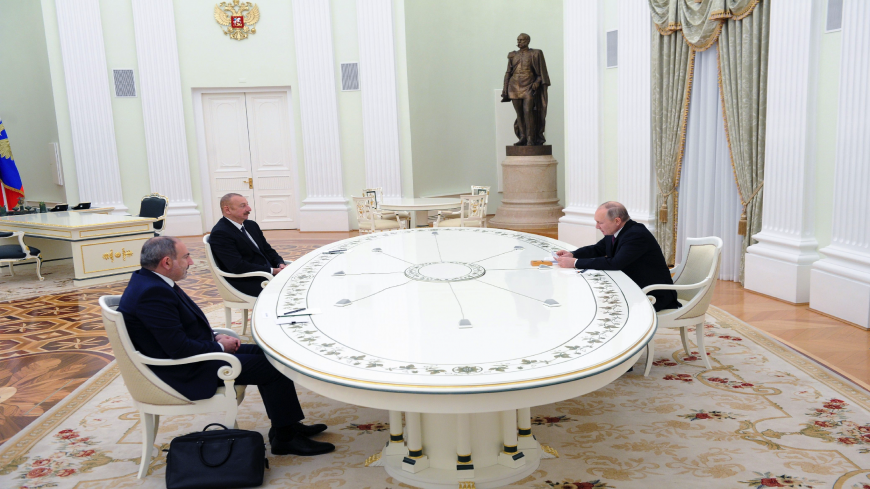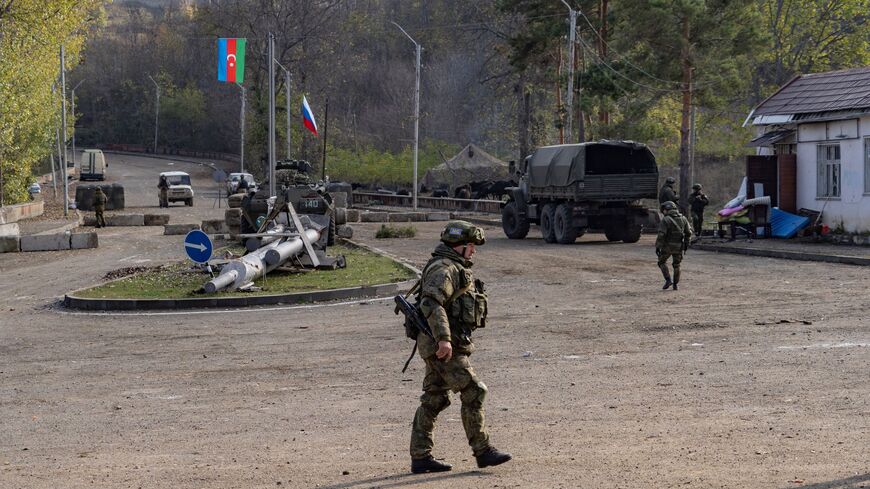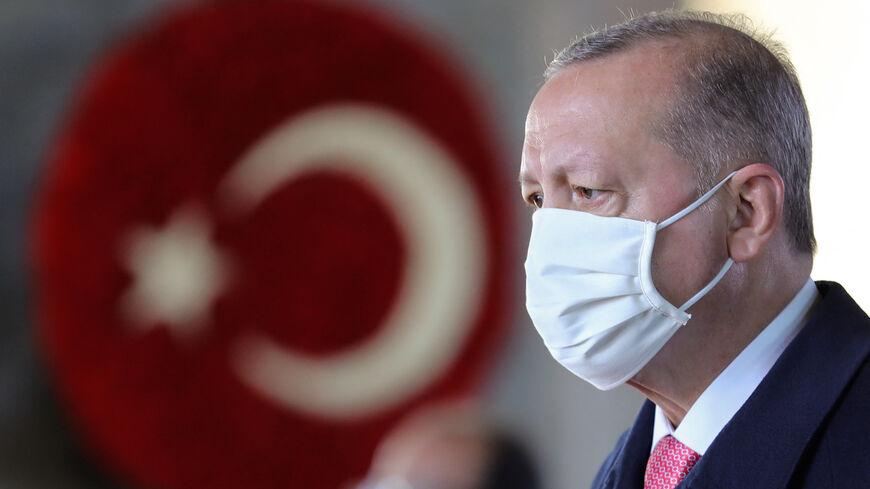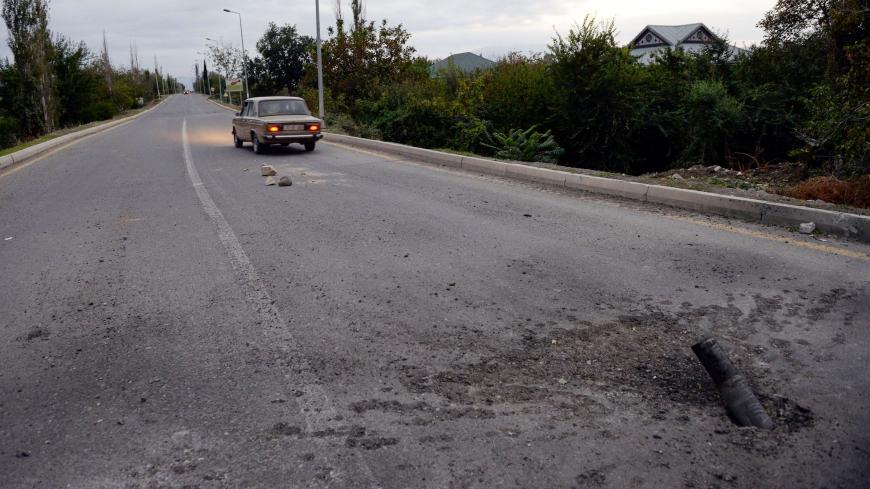Turkey backs Azerbaijan in war with Armenia as Russia stands by
The flare-up between Azerbaijan Armenia may have been planned by Azerbaijan and its regional ally Turkey, leaving Russia's intentions in supporting Turkey and Azerbaijan in question.

As the four-day-old war pitting Azerbaijan against Armenia over the breakaway Nagorno-Karabakh enclave continues to escalate with dozens of casualties on both sides, there are growing indications that the latest conflagration between the traditionally hostile former Soviet states was not sparked by accident but was preplanned by Azerbaijan and its regional ally Turkey. The unanswered question is where regional heavyweight Russia stands in those plans. Is it supporting Turkey and Azerbaijan for its own strategic purposes, or is it biding its time before slapping them down?
The Kremlin has a military pact with Armenia and a large base there close to the Turkish border. It supplies weapons to both countries and has avoided openly taking sides. It’s joined the United States and NATO’s calls for an immediate cease-fire. Azerbaijan and Armenia have rebuffed the calls.







